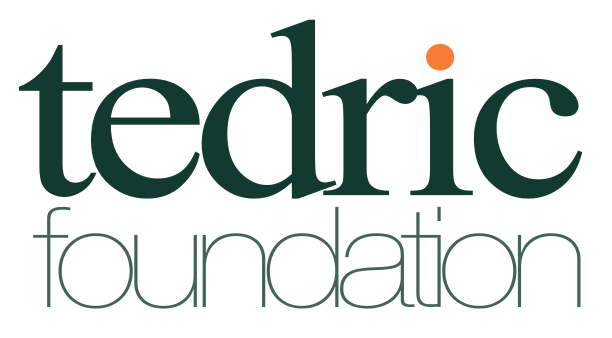What is Epigenetics ?
Epigenetics studies how behaviors and environmental factors, such as diet, stress, and disease, can cause changes in gene expression that affect how your genes work without altering the DNA sequence itself. These changes, which can be heritable, involve chemical modifications to DNA and its associated proteins that act as "on" or "off" switches for genes, influencing the proteins produced by cells. The collection of these epigenetic changes is known as the epigenome, and understanding epigenetics is crucial for managing and treating diseases like cancer.
How it Works
- Chemical Modifications:
- Epigenetic changes are chemical tags attached to DNA and the proteins that package it (histones).
- Gene Regulation:
- These tags don't change the underlying DNA code but control whether genes are turned on or off, influencing the production of specific proteins.
- Cell Differentiation:
- This regulation ensures that cells produce only the proteins necessary for their specific function, which is vital for development and health.
- Reversible Nature:
- Unlike genetic mutations, epigenetic changes are often reversible and can be influenced by your lifestyle and environment.
Factors Influencing the Epigenome
- Diet and Lifestyle:
- What you eat, your physical activity level, and other lifestyle choices can affect these chemical modifications.
- Environment:
- Exposure to certain environmental factors can influence gene expression patterns.
- Age:
- The aging process itself can lead to changes in the epigenome.
- Stress and Trauma:
- Experiences like stress and trauma can leave epigenetic marks that may even be passed down to future generations.
Why it Matters
- Health and Disease:
- Epigenetic changes are linked to various diseases, including many forms of cancer.
- Cancer Treatment:
- Targeting epigenetic mechanisms offers a promising avenue for treating and even reversing cancer progression.
- Understanding Development:
- Epigenetics helps explain why identical twins, who share the same genes, can have different health outcomes and behaviors.
- Nature vs. Nurture:
- Epigenetics bridges the gap between genetics and environment, showing that both play a role in shaping who we are.
